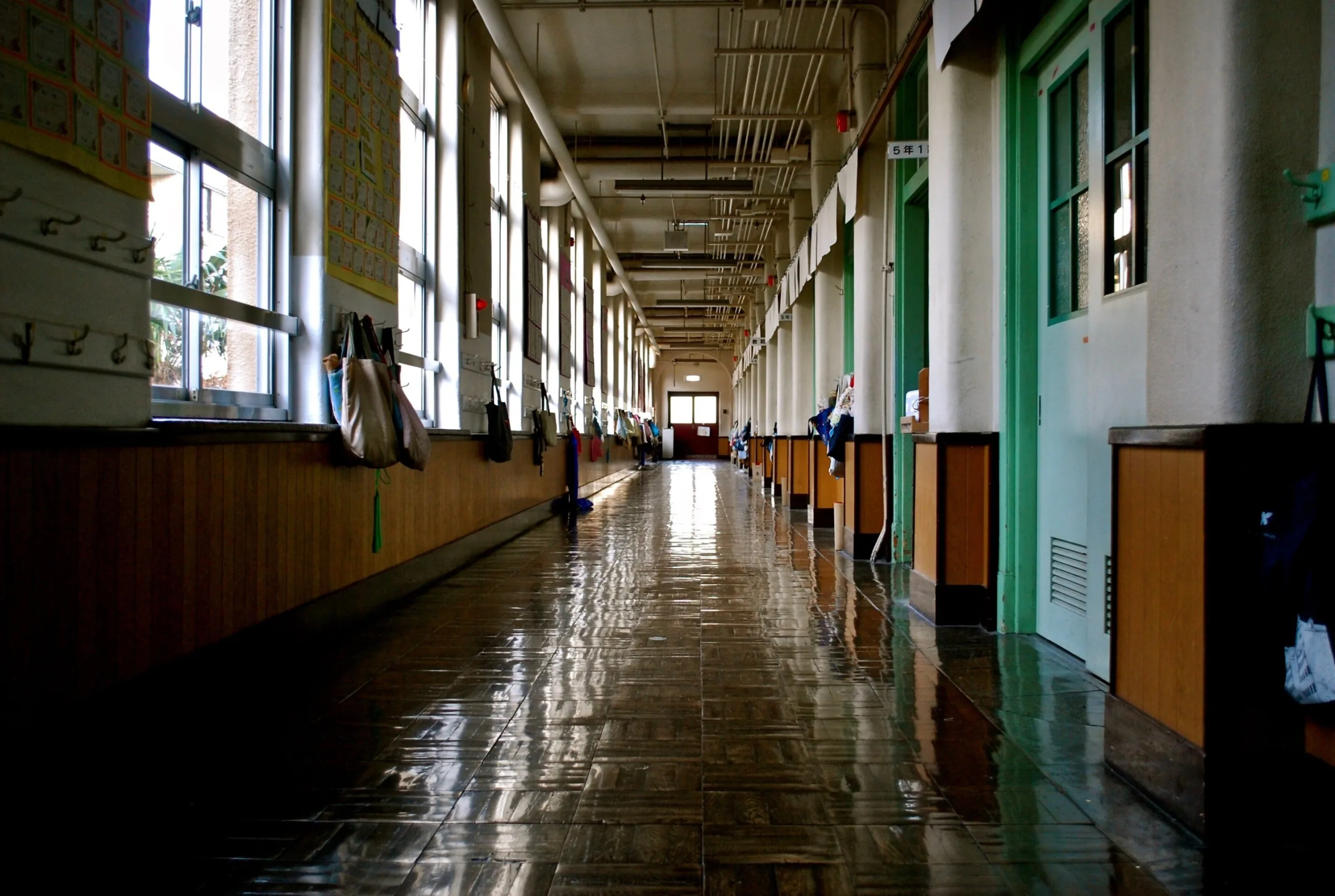The High Cost of COVID-19 School Closures: A New Study
A recent study spearheaded by the University of Oxford’s Department of Statistics and the Leverhulme Center for Demographic Science sheds light on the economic impact of non-pharmaceutical interventions (NPIs) implemented in the United States during the COVID-19 pandemic. The research underscores a stark reality: school closures were a particularly costly measure, delivering relatively poor health outcomes compared to other interventions.
Understanding the Research
The comprehensive analysis delves into the effectiveness and economic implications of various NPIs, including:
- School closures
- Business shutdowns
- Mask mandates
- Travel restrictions
- Increased testing and tracing
The researchers sought to quantify the costs associated with each intervention and weigh them against the corresponding health benefits achieved.
Key Findings: School Closures vs. Other Measures
The study revealed a significant disparity in the cost-effectiveness of different NPIs. School closures emerged as a particularly expensive strategy, with a disproportionately small impact on overall health outcomes. In contrast, other measures, such as:
- Increased testing and tracing
- Targeted business restrictions
…proved to be more effective in curbing the spread of the virus while minimizing economic disruption.
Why Were School Closures So Costly?
The high cost of school closures can be attributed to a multitude of factors, including:
- Lost learning opportunities for students
- Increased childcare burdens for parents
- Reduced workforce participation due to childcare responsibilities
- Negative impacts on children’s social and emotional development
Long-Term Implications
The researchers emphasized the long-term consequences of these learning losses and the broader societal impacts. These implications highlight the need for policymakers to carefully weigh the costs and benefits of different interventions when responding to future public health crises.
Moving Forward: A More Balanced Approach
The findings of this study suggest the need for a more nuanced and targeted approach to managing future pandemics. Rather than resorting to broad-based measures like school closures, policymakers should prioritize interventions that are:
- Evidence-based
- Cost-effective
- Minimize disruption to education and the economy
Considering Alternatives
Investing in improved ventilation in schools, providing resources for remote learning, and implementing targeted testing and quarantine protocols may offer more effective and less disruptive alternatives to widespread school closures.
Final Overview
This Oxford University-led study serves as a crucial reminder of the complex trade-offs involved in pandemic response. By carefully evaluating the costs and benefits of different interventions, policymakers can make more informed decisions that protect public health while minimizing the long-term social and economic consequences.




+ There are no comments
Add yours